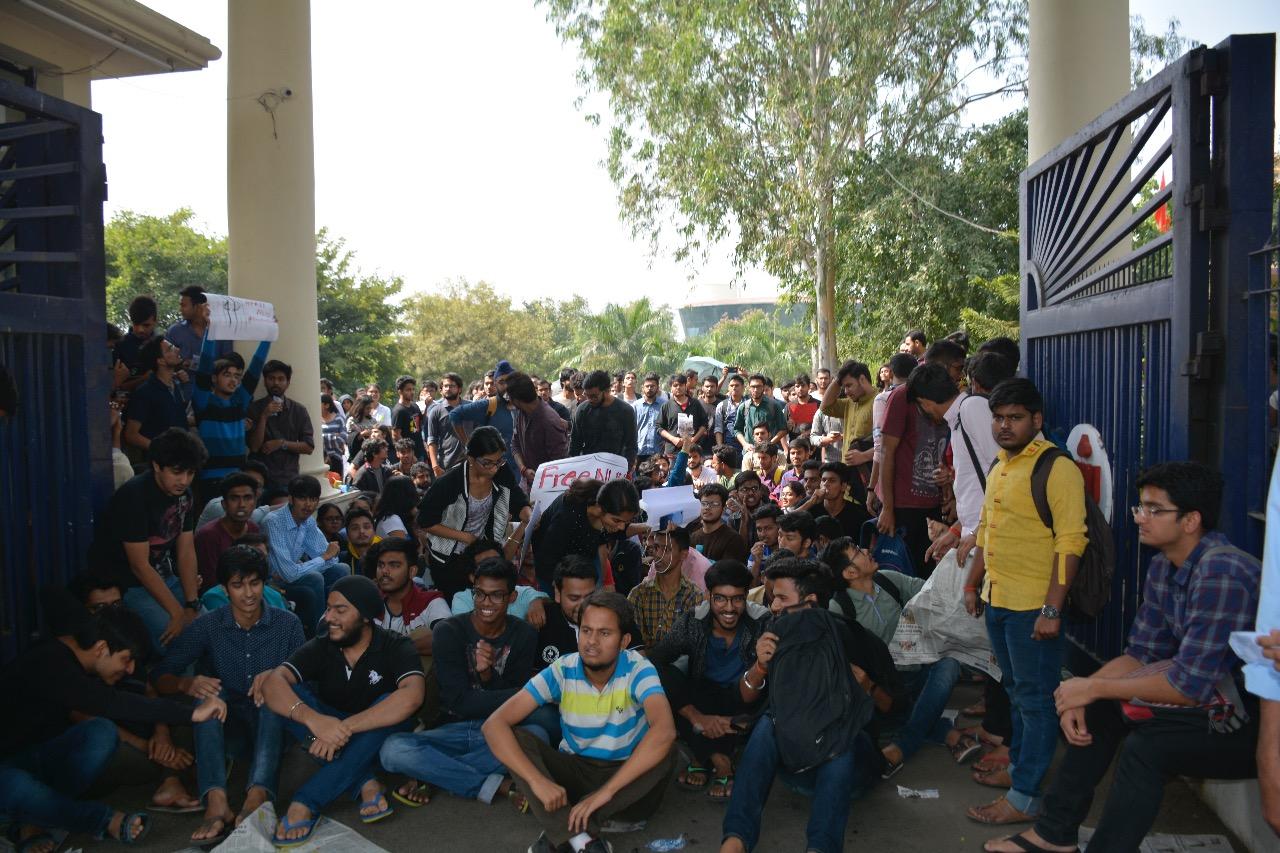
The Delhi high court has agreed to hear advocate _Deepak Khosla_’s appeal for video recording of all court proceedings in the high court, after it had initially dismissed the plea in August 2011 and again in July 2017 with Rs 20,000 costs that Khosla said he would not be paying.
Justices S Ravindra Bhat and Sunil Gaur, framing issues on 11 October in Khosla's review petition, ordered:
Open courts are an integral part of access to justice. When a Court hears a case, the proceedings are open to all, saving notable exceptions. There can be no restrictions or curbs on reporting what occurs in Court except those where interests of justice warrant otherwise. In a technology driven age, recording Court proceedings aids the concept of openness and the values that underlie it. In the light of the above, and having regard to the submissions made, this Court proposes to examine the following issues:
(a) The High Court establishment’s position with respect to audio-video recording of cases and causes in all the court rooms in the Delhi High Court;
(b) Without prejudice to the above issue, the manner in which the High Court would consider the request for audio-video recording in specific cases with or without consent of both parties, i.e. in the absence of consent of one of the parties.
(c) The general issue of audio-video recording of Court proceedings before all the subordinate courts of Delhi.
Khosla has cited the Supreme Court's 14 August 2017 order in Pradyuman Bisht vs Union of India “which generally comments for universal acceptance the installation of CCTVs in District/subordinate Court complexes, as a first step, in the interest of justice”. The Delhi high court bench noted this citation in its 11 October order.
The case has been posted to 6 December for hearing.
Crusade in eighth year
Businessman-turned-advocate Deepak Khosla has been crusading for what he says is his “right” to audio and video recording of court proceedings since November 2009 when he filed the writ WP No 12787 of 2009 in the Delhi high court to restrain anyone interfering in his attempt to unobtrusively record case proceedings, especially for cases in which he is a party, in the high court using his own equipment - which was then a pocket digital recorder.
The 2009 writ, in which the Delhi high court was also a respondent, was dismissed by a division bench of the court (justice Sanjiv Khanna and then Delhi high court justice Dipak Misra) in August 2011 on the ground that there were no existing legal provisions under which the manner of recording court proceedings in audio or video form could be devised.
Khosla, who in the interim gained an LLB degree, a bar council enrolment as an advocate, and an order in the Calcutta high court allowing him to video record his case proceedings, filed a perjury complaint against 13 individuals including three advocates and the Saket district court in Delhi summoned them for criminal trial on 22 June 2017.
The accused advocates challenged that summoning order in the Delhi high court where Delhi High Court Bar Association (DHCBA) president and senior advocate Kirti Uppal appeared for them. The challenge had come up before justice C Hari Shankar and during the course of hearing Khosla filed an application for audio and video recording of the case proceedings.
And on 19 July 2017 Delhi high court justice C Hari Shankar had not only dismissed Khosla's plea for audio and video recording of court proceedings but had also imposed costs of Rs 20,000 on Khosla for levelling allegations against a senior counsel, and had advised him to be more “temperate and civilised” in his written and oral communication, as the DNA had then reported.
Justice Shankar stated in his order that Khosla's suppressing of information - that he did not disclose the existence of the August 2011 dismissal of his audio-video recording plea - to obtain a favourable order, was the main ground on which he imposed costs on Khosla.
Not shelling out costs
Khosla told us today that he does not intend to pay the Rs 20,000 costs imposed on him by Justice Shankar in his 19 July order because Shankar had no jurisdiction to impose costs and because the order was not pronounced in open court.
Khosla claims that justice Shankar already knew about the existence of the August 2011 order yet proceeded to hear the arguments for more than two hours, instead of questioning him on the 2011 order at the very beginning of arguments.
threads most popular
thread most upvoted
comment newest
first oldest
first
threads most popular
thread most upvoted
comment newest
first oldest
first